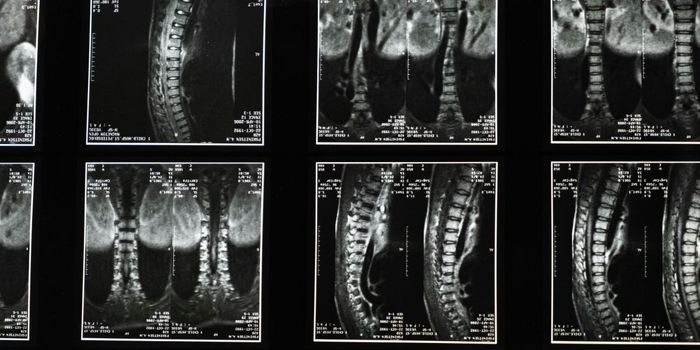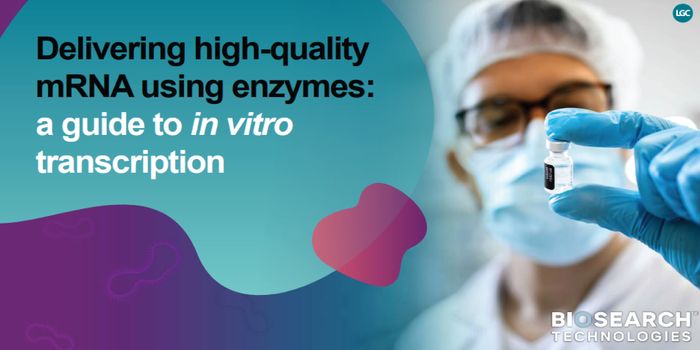New Drug to Make Breast Cancer Treatment More Affordable
The US Food and Drug Administration has granted accelerated approval to new breast cancer drug, trastuzumab deruxtecan. The drug’s increasing recognition, including a prequalification status from the World Health Organization, could make the breast cancer treatment significantly cheaper, and thus more accessible, to women worldwide.
A biosimilar version of existing treatment, Trastuzumab (meaning it is made from living organisms rather than synthetic chemicals yet has similar clinical effects), it is available at just 35% of the cost of the original drug- currently costing $20,000. And now, its prequalification status from the WHO means that its price is expected to decrease even further.
This is great news for women around the world, particularly those in developing nations where conventional drugs are too expensive. Dr Tedros Adhanom Ghebreyesus, WHO Director-General, said, “Women in many cultures suffer from gender disparity when it comes to accessing health services. In poor countries, there is the added burden of a lack of access to treatment for many, and the high cost of medicines. Effective, affordable breast cancer treatment should be a right for all women, not the privilege of a few.”
In particular, this new drug works against HER2-positive breast cancer, a cancer that tests positive for a protein called human epidermal growth factor receptor 2 (HER2), known to stimulate the growth of cancer cells. Responsable for around 20% of cases of breast cancer, it is caused by a gene mutation that makes excess HER2 proteins.
From its phase 2 trial, researchers found that the drug was generally effective in treating women with this strain of breast cancer, even when it had already spread to other parts of the body. In their study of 184 women already treated with two or more ati-HER2 therapies including trastuzumab, trastuzumab emtansine and pertuzumab, they found that 60.3% of the women responded positively to the drug.
One of the study’s researchers, Ian Krop MD said, “Those (results) are roughly double or triple what we've typically seen in other studies of this third- and later-line (treatment) population, where the median progression-free survival has been in the 4- to 5-month range.”
Despite the drug’s promise however, researchers have warned that it comes with side effects including potentially fatal interstitial lung disease and pneumonitis. In particular, they warn patients and physicians alike to be vigilant for symptoms such as coughing, dyspnea, fever and worsening respiratory health and that, should they notice any of them, to cease treatment immediately.
Sources: Mayo Clinic, Medscape, World Health Organization and Cancer Network









